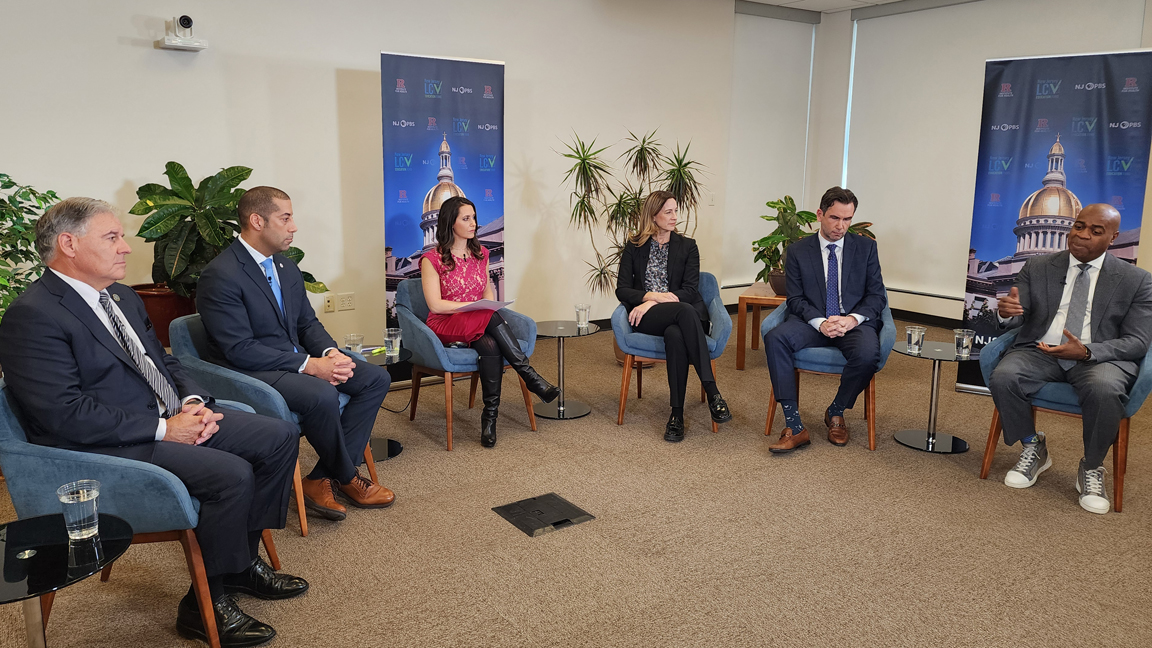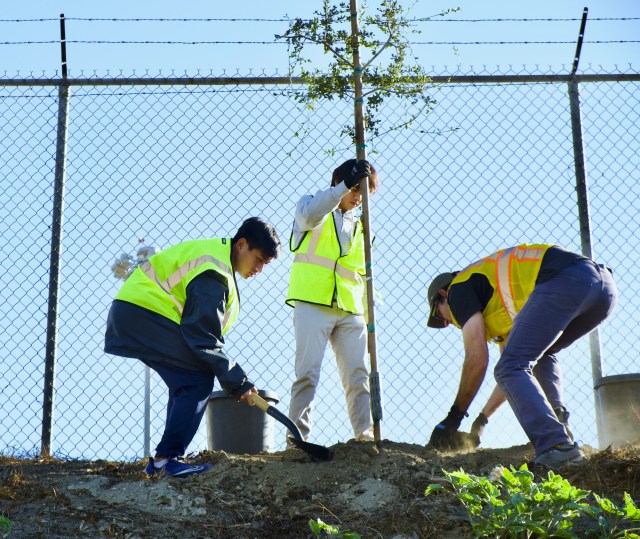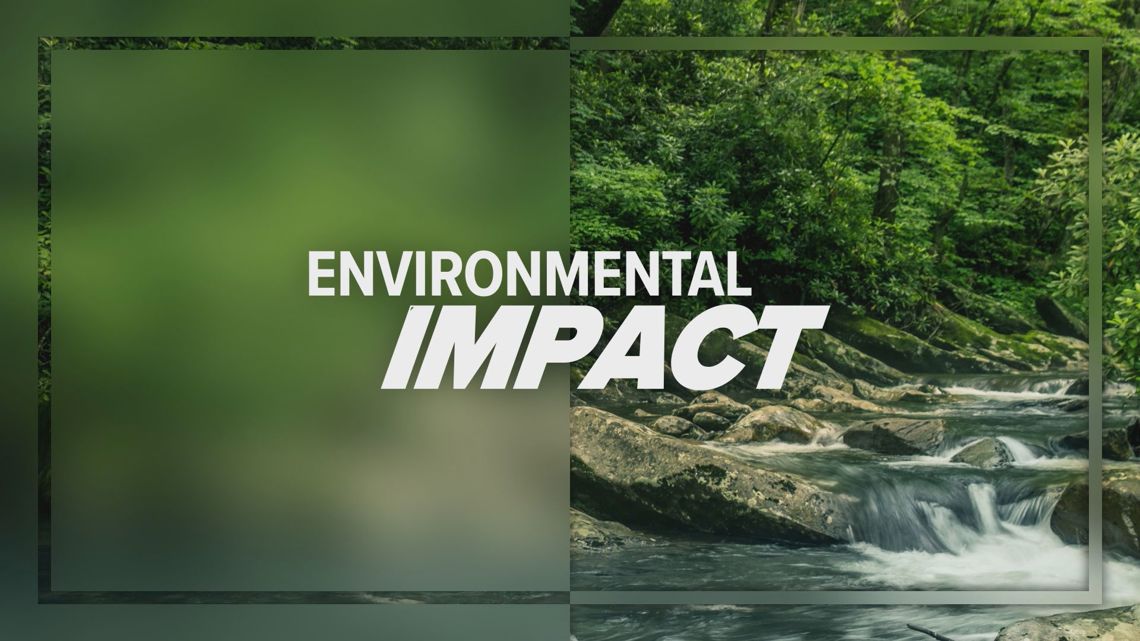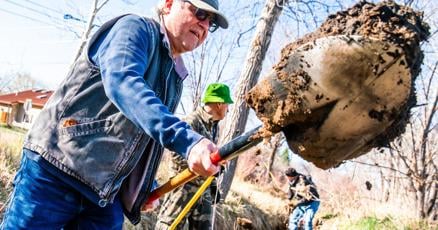
Green Promises: NJ Gubernatorial Hopefuls Converge on Climate Action
In a refreshing display of consensus, New Jersey's gubernatorial candidates demonstrated remarkable alignment on critical environmental and infrastructure issues during recent discussions. The candidates shared a unified vision for the state's future, particularly when addressing renewable energy, environmental pollution, and innovative transportation solutions like congestion pricing. The forum highlighted a rare moment of bipartisan agreement, with candidates from different political backgrounds expressing strong support for transitioning to clean energy sources and implementing strategies to reduce carbon emissions. They emphasized the importance of investing in solar, wind, and other sustainable energy technologies that could not only protect the environment but also create new economic opportunities for New Jersey residents. Environmental pollution emerged as another key topic, with candidates unanimously acknowledging the need for more stringent regulations and proactive measures to protect the state's natural resources. They discussed comprehensive plans to reduce industrial emissions, improve water quality, and promote more sustainable urban development. Congestion pricing, a controversial yet potentially transformative urban transportation strategy, also received surprising support across the candidate spectrum. The proposed approach, which would charge vehicles for entering high-traffic areas during peak hours, was presented as a potential solution to reduce traffic congestion and encourage more efficient transportation methods. This unexpected harmony among candidates signals a promising trend towards collaborative and forward-thinking governance in New Jersey, offering voters a glimpse of potential bipartisan progress on critical environmental and infrastructure challenges.









